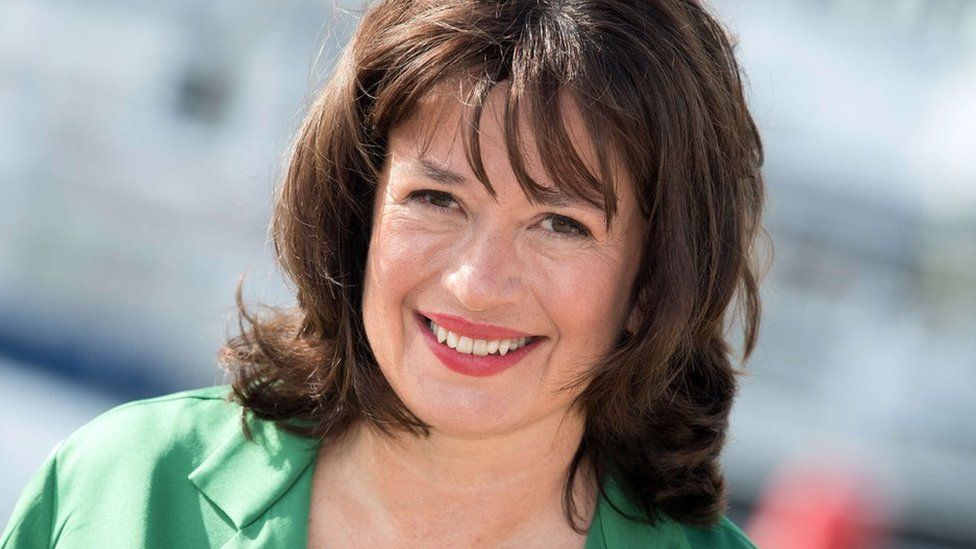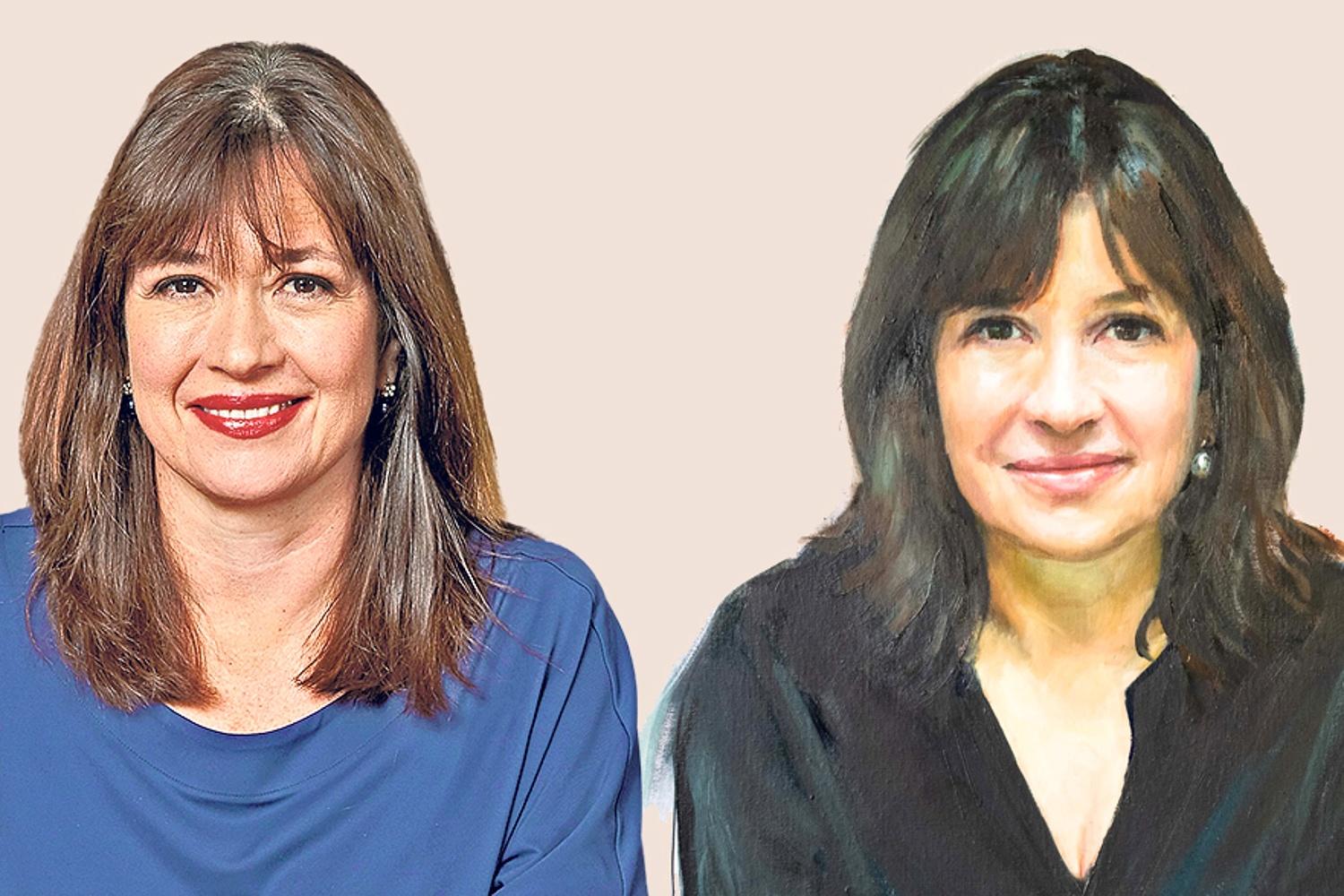Daisy Goodwin Questioned By Martha Kearney About Sexual Assault: BBC Journalist Facing Baklash
Today we are going to talk about a big debate on the internet. In a recent incident, a BBC presenter’s questioning of former London mayoral candidate Daniel Korski about the certainty of Daisy Goodwin’s molestation experience sparked outrage and highlighted the issue of victim-blaming. This news has created an uproar on social media. This news is becoming increasingly viral on the Internet. By stigmatizing victims, this behavior perpetuates a culture of silence and fear, hindering progress toward a more inclusive and compassionate society. Scroll up the screen and know the complete news in detail.

Daisy Goodwin Questioned By Martha Kearney About Sexual Assault
Ms. Goodwin’s articulate response to the presenter’s question emphasizes the importance of acknowledging the power of personal experience. By suggesting the existence of ambiguity, the question subtly undermines the credibility and integrity of the victim. When individuals undergo traumatic experiences, their personal accounts should be trusted. Doubting their certainty fosters an environment that questions their honesty, discouraging others from speaking out.

Martha Kearney’s inquiry is not an isolated incident, as women who speak up against harassment or abuse often face similar skepticism. The fear of being disbelieved is a major barrier for survivors, preventing them from coming forward. Their experiences are invalidated, leading to a chilling effect on future reports. It takes immense courage for survivors to publicly confront their perpetrators when those in power question the veracity of their claims.

The repercussions of victim-blaming extend beyond the immediate individuals involved. Society has an obligation to provide a safe and supportive environment for survivors to share their stories. When the credibility of victims is undermined, the trust needed to address the prevalence of harassment and abuse starts to erode. This erasure of women’s voices perpetuates and normalizes the cycle of victim-blaming, ultimately hindering progress toward gender equality and justice.
The incident involving Daisy Goodwin and Martha Kearney highlights the urgent need to address victim blaming in society. By questioning the certainty of a survivor’s experience, we perpetuate a culture of disbelief that hinders progress toward justice and support for survivors of harassment and abuse. As a society, we must actively combat victim-blaming by validating and supporting survivors, providing a safe space for their voices to be heard. By doing so, we can foster a culture that listens, believes, and empowers all survivors to come forward and effect lasting change. Here we have shared the complete information with you about this news. Keep in touch for more information.






